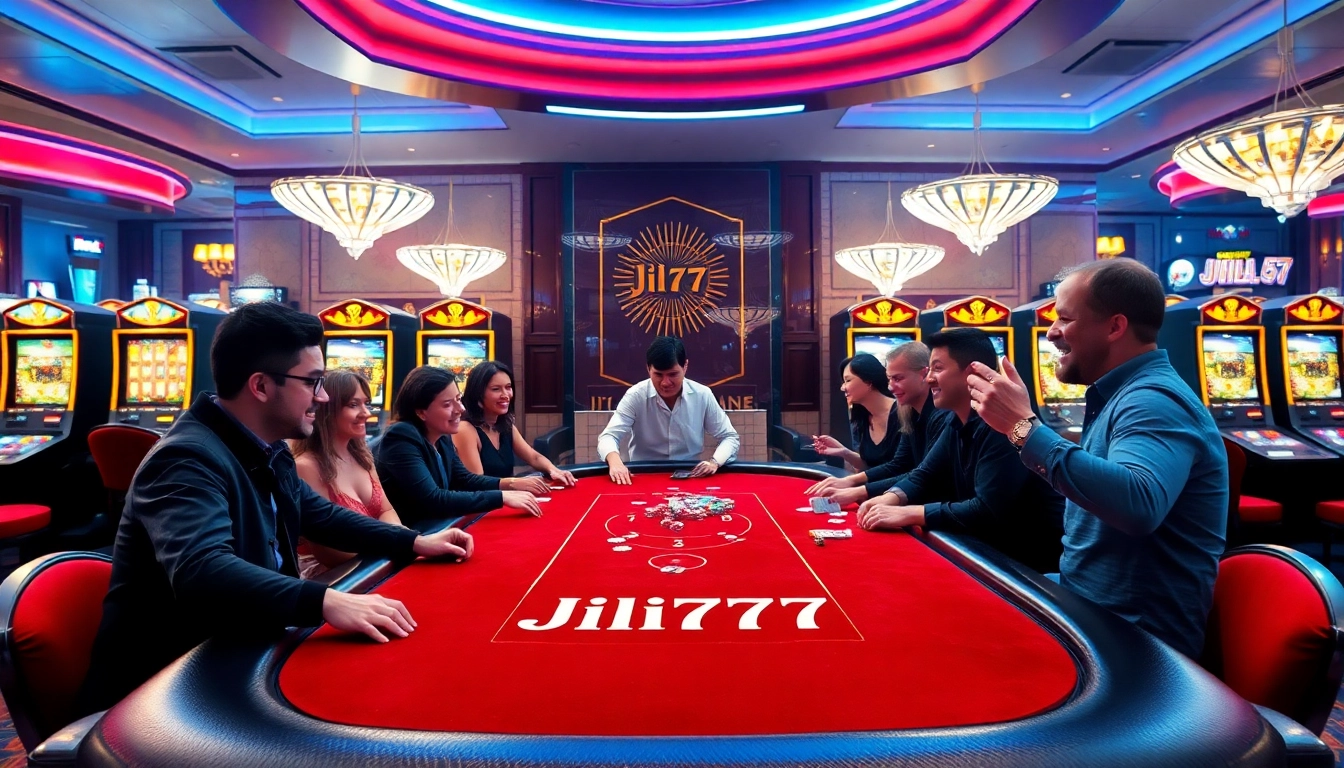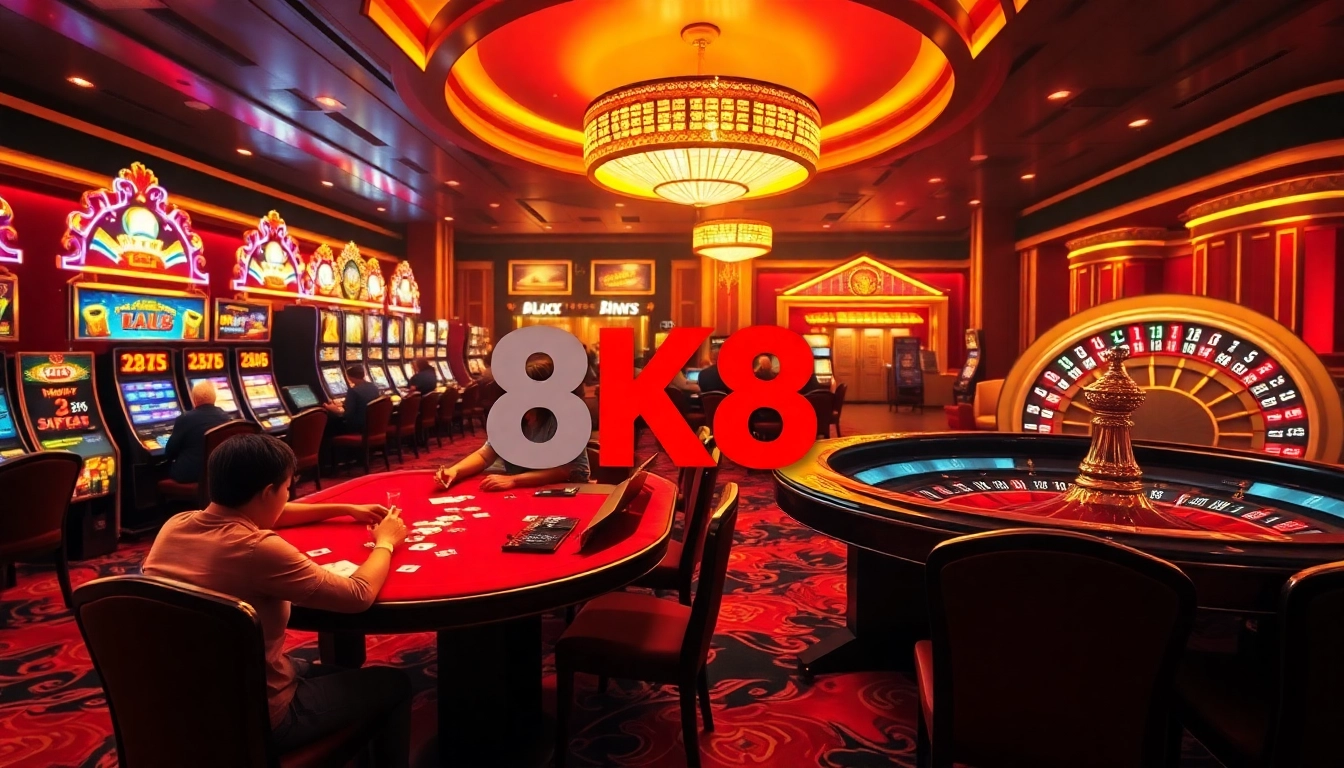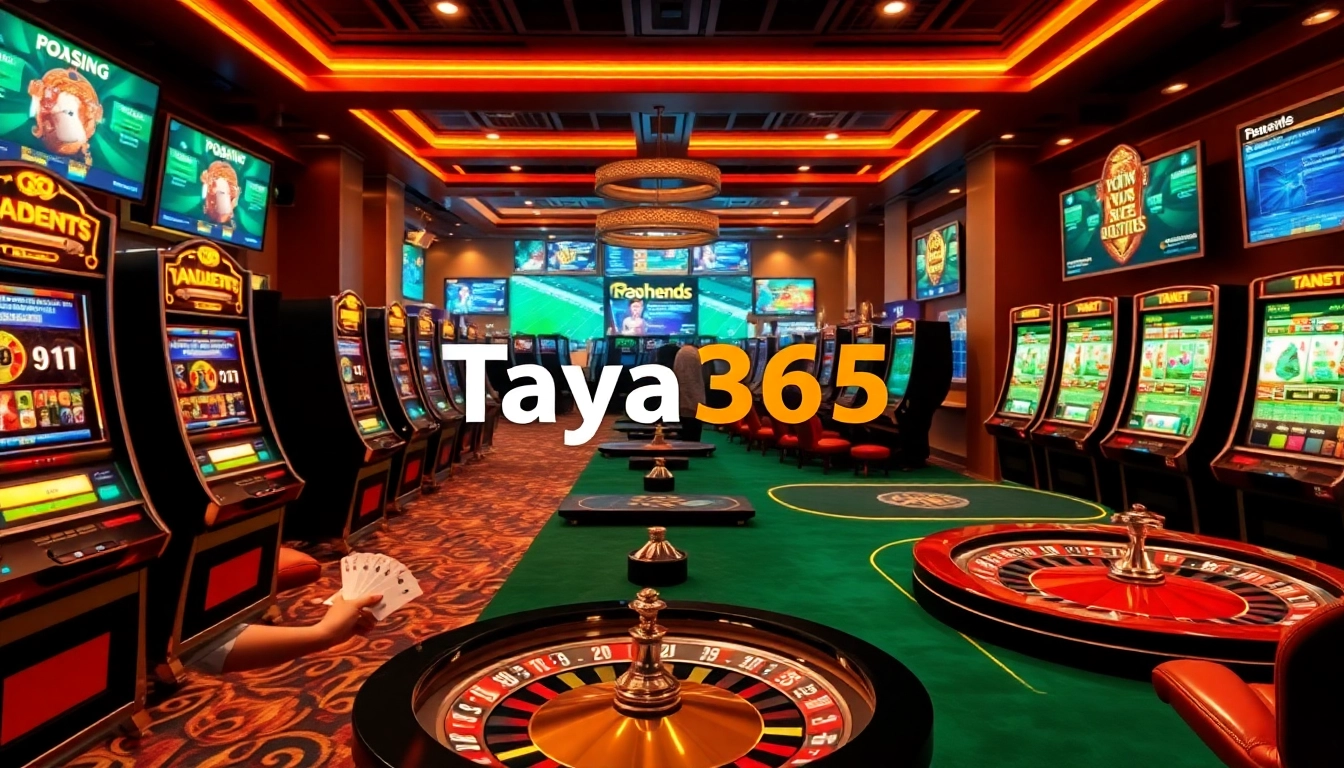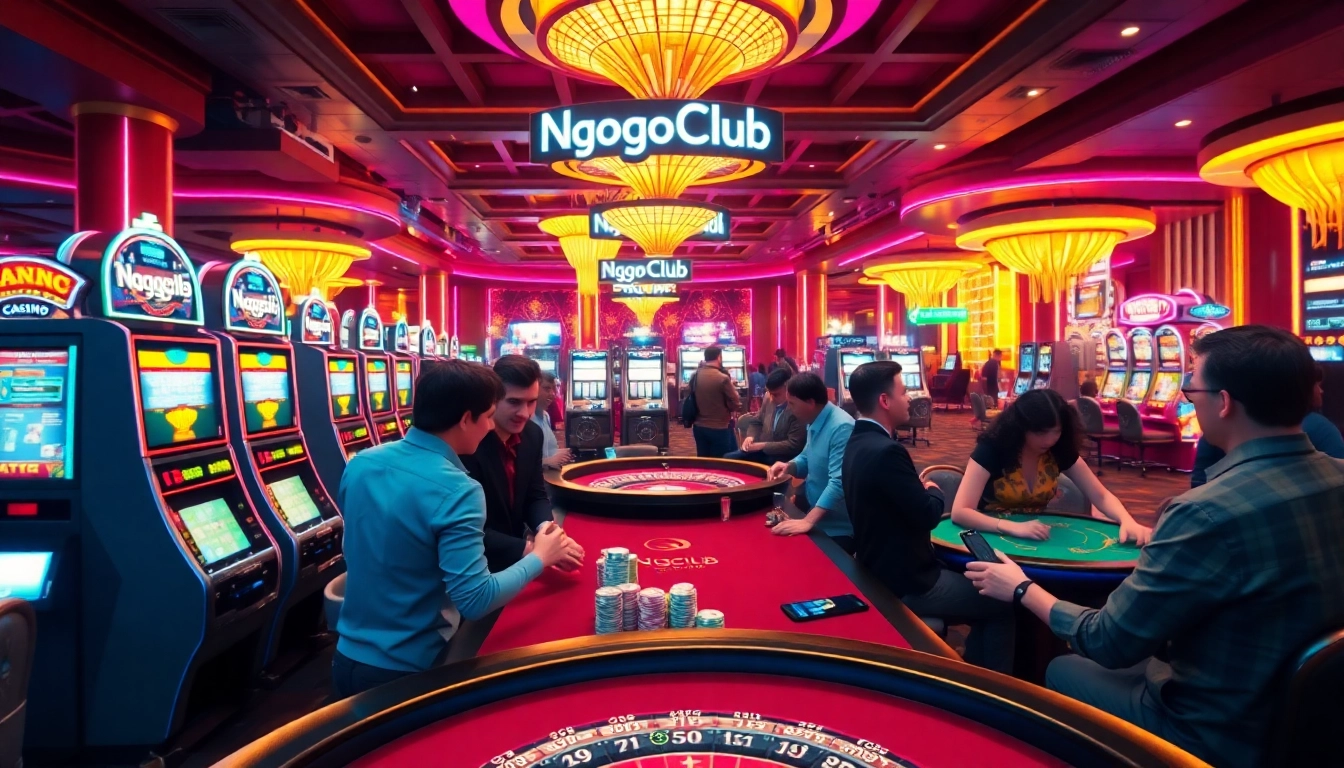In the lively world of gaming games, the thrill of chance meets the draw of strategy, drawing scores of players into its captivating embrace. Each spin of the wheel or carries a guarantee of thrill and the potential for massive wins. But beyond https://uw882.com/ and glamor of flashing lights and jingling coins lies a sophisticated mental landscape that underpins each bet made and each hand played.
Understanding the psychology behind gambling gaming reveals why people are so fascinated by these pastimes. From the rush jolt of high-risk gambling to the complex choices involved in games like blackjack, the psychological highs and downs of gambling create an journey that is both thrilling and, at times, hazardous. Players find themselves navigating a thin line between seeking thrill and taking risks, making gaming gaming a fascinating study of psychology of humanity and incentive.
A Appeal of Gambling
The thrill of gambling excites many around the world, drawing in players with the promise of fortune and excitement. This allure stems from a blend of elements that tap into deep-seated psychological responses. The anticipation of success and the possibility of significant profits create an intense thrill that people find captivating. Casinos harness this energy, transforming mundane environments into vibrant arenas of chance and thrill, where every spin of the wheel or turn of a card can alter destinies.
In addition, the social aspect of the gambling experience enhances its charm. Buddies and strangers alike come together around tables, sharing in the highs and defeats of fortune. This feeling of community fosters relationships and creates unforgettable moments. The communal atmosphere encourages taking chances and increases the overall satisfaction of the game, making it beyond a solitary activity but a shared adventure among like-minded individuals.
Finally, the design and ambiance of casinos themselves play a vital role in drawing gamblers. The shimmering lights, lively sounds, and welcoming decor create a multisensory experience that engages the senses and heightens emotions. Coupled with the strategic placement of games and the use of promotions like complimentary beverages or rewards schemes, casinos craft an atmosphere where the line between leisure and gambling blurs. This meticulously designed experience keeps players coming back for more, intensifying the allure of gambling.
Psychological Tactics in Casino Play
When players walk into a gambling establishment, they are often drawn in by the glowing lights, noises of clinking coins, and the thrill of the unknown. These aspects create an atmosphere that fosters enthusiasm and expectation. Understanding these cognitive cues can help players realize how their feelings influence their gaming decisions. Many gambling venues deliberately place gambling options in a way that promotes players to engage for extended periods, increasing their interaction to hazard and payout relationships.
Another key cognitive strategy is the concept of loss aversion. Research has shown that individuals tend to experience losses more intensely than gains of the same size. This leads players to pursue their losses, thinking that they can recoup their funds with just one more round. Gambling houses take advantage on this by creating games that generate regular smaller wins, which can reinforce the idea that players are on the edge of a significant win, encouraging them to continue playing and betting more.
Finally, the aspect of storytelling in gaming also plays a vital role in how players view their time spent. Many titles include narratives that captivate gamblers, enabling them to feel a greater link to the game’s results. This narrative feature can shift the focus from financial gain to the enjoyment of the experience itself, causing players less conscious of their defeats. By weaving together individual commitment with gameplay, casinos create an affective attachment that can result to prolonged gambling sessions and increased financial exposure.
Risk vs. Payoff: The Excitement of Victory
For many players, the allure of gambling lies in the excitement of possible gains that come with every rotation of the slots or deck of cards. Players often feel a rush of excitement when they make a wager, driven by the dream of hitting a jackpot. This risk-reward dynamic creates a fascinating psychological environment that captivates individuals, leading them to embrace the thrill of uncertainty and the chance of a significant payout.
The suspense that builds during a game can enhance the gaming experience, making each moment more thrilling. When players are on the brink of winning, their brain releases chemicals, which heightens feelings of joy and satisfaction. This biochemical response reinforces the desire to keep playing, as the prospect of winning creates a cycle of engagement that can be hard to resist. For numerous players, the excitement of risking money for a chance at larger payoffs becomes a compelling motivator, creating a deeper psychological bond to the gaming experience.
However, it is essential to recognize the fine line between fun and obsession in casino gaming. While the excitement of the potential payoff is enticing, it can lead to dangerous actions and negative financial outcomes if not approached with caution. Understanding the psychological factors at play can help players keep a healthy outlook, appreciating the thrill of going all in while remaining aware of the need for responsible gaming practices. The thrill of winning can indeed be invigorating, but managing that thrill is essential for a truly enjoyable experience.




